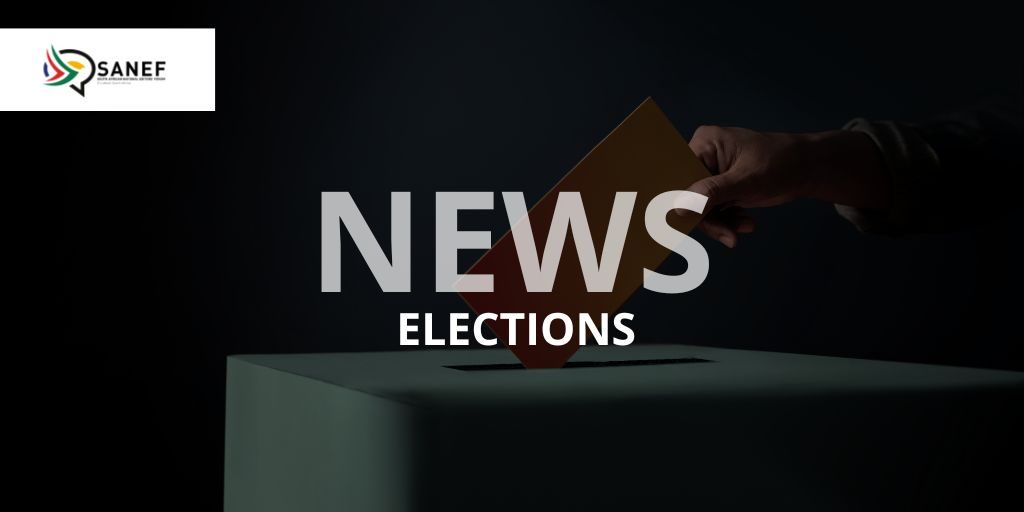The South African National Editors’ Forum Held Its 2014 Quarterly Council Meeting in Ct
The previous day (Friday February 14), SANEF met with the IEC to discuss plans for the up-coming elections and electoral issues effecting journalists.
The SANEF council meeting was addressed by Municipal Demarcation Board Chairperson Landiwe Mahlangu on mergers, amalgamations and the delimitation of municipal wards.
SABC COO Hlaudi Motsoeneng gave a briefing on state of the SABC and future plans, and said he believed the SABC should participate within SANEF. SANEF has welcomed Motsoeneng’s commitment and looks forward to full participation by the SABC once the decision has been finalised.
Deputy President Kgalema Motlanthe had a discussion with editors on a wide range of issues of national importance. SANEF requested the deputy president to communicate our concerns to the government with regard to the pending promulgation into law of the Protection of State Information Bill. SANEF asked the deputy president to urge President Jacob Zuma to refer the Bill to the Constitutional Court for constitutional scrutiny.
Press Council of South Africa (PCSA) Director Joe Thloloe noted in his report that the current complaints mechanism is a year old. It is able resolve complaints more efficiently. His office has seen a sharp rise in the number of complaints received. 529 complaints were received in 2013, against the 285 of 2012. A satisfaction survey to gauge perceptions of the users of the system will be undertaken.
SANEF Council resolved to create a Media Freedom Defence Fund to support the work of its Media Freedom Subcommittee and fund legal challenges in defence of media freedom.
SANEF also decided to put together a discussion document on the issue of journalists and membership of political parties. The document will be tabled at the next council meeting in June. This arose as a result of a need to provide guidance in relation to matters of conflicts of interest. The meeting agreed that editors are the guardians of the highest standards of journalism in their newsrooms and must at all times ensure that journalists do not conduct themselves in a manner that could lead audiences to doubt their political independence. There is a need to make newsrooms aware of potential conflict of interests that may arise from time to time – be they political or commercial.
SANEF endorsed a project to put practical steps to enhance science journalism teaching at South African journalism schools. The aim is to get journalists who specialised in science reporting into newsrooms. The project is being funded by Unesco.
SANEF resolved to appeal to National Police Commissioner General Riah Phiyega for an urgent meeting to discuss measures to guard against the attack of journalists by the police. SANEF calls on its members and all journalists to inform us immediately whenever such attacks take place.
Socials
Twitter: @SAEditorsForum
Email: [email protected]
Website: SANEF



